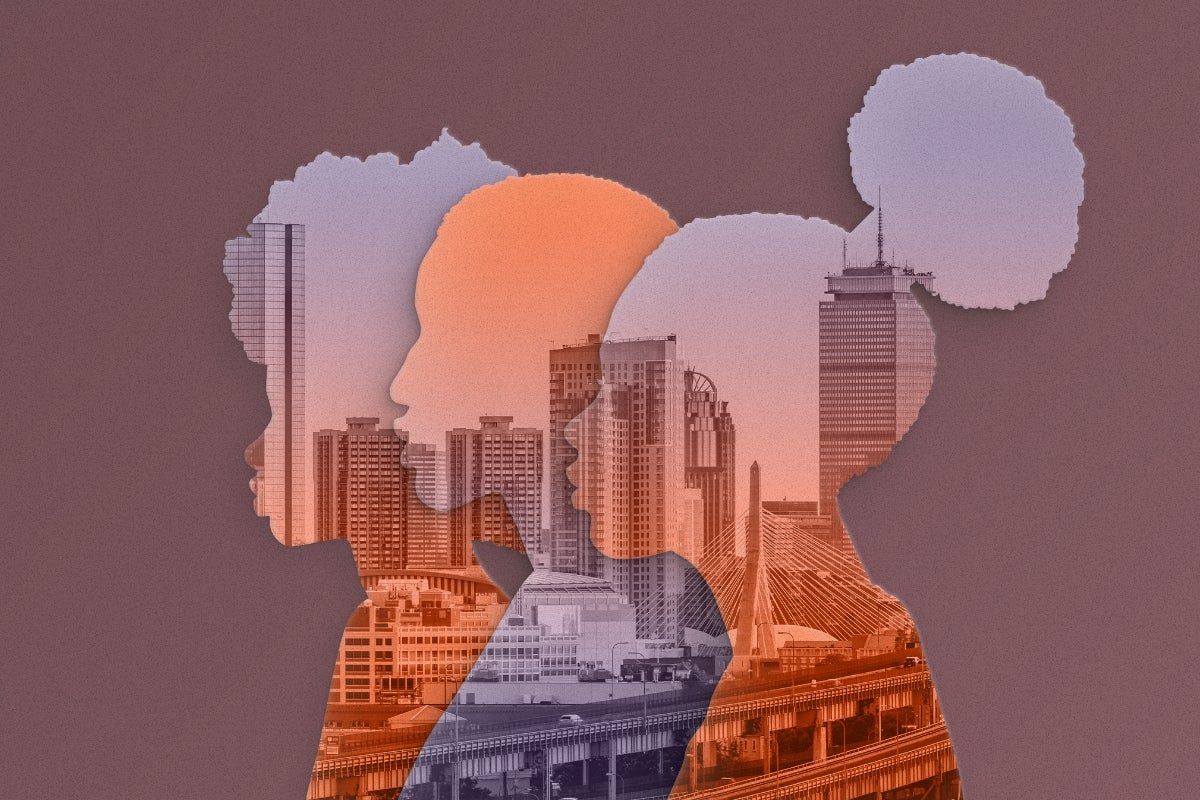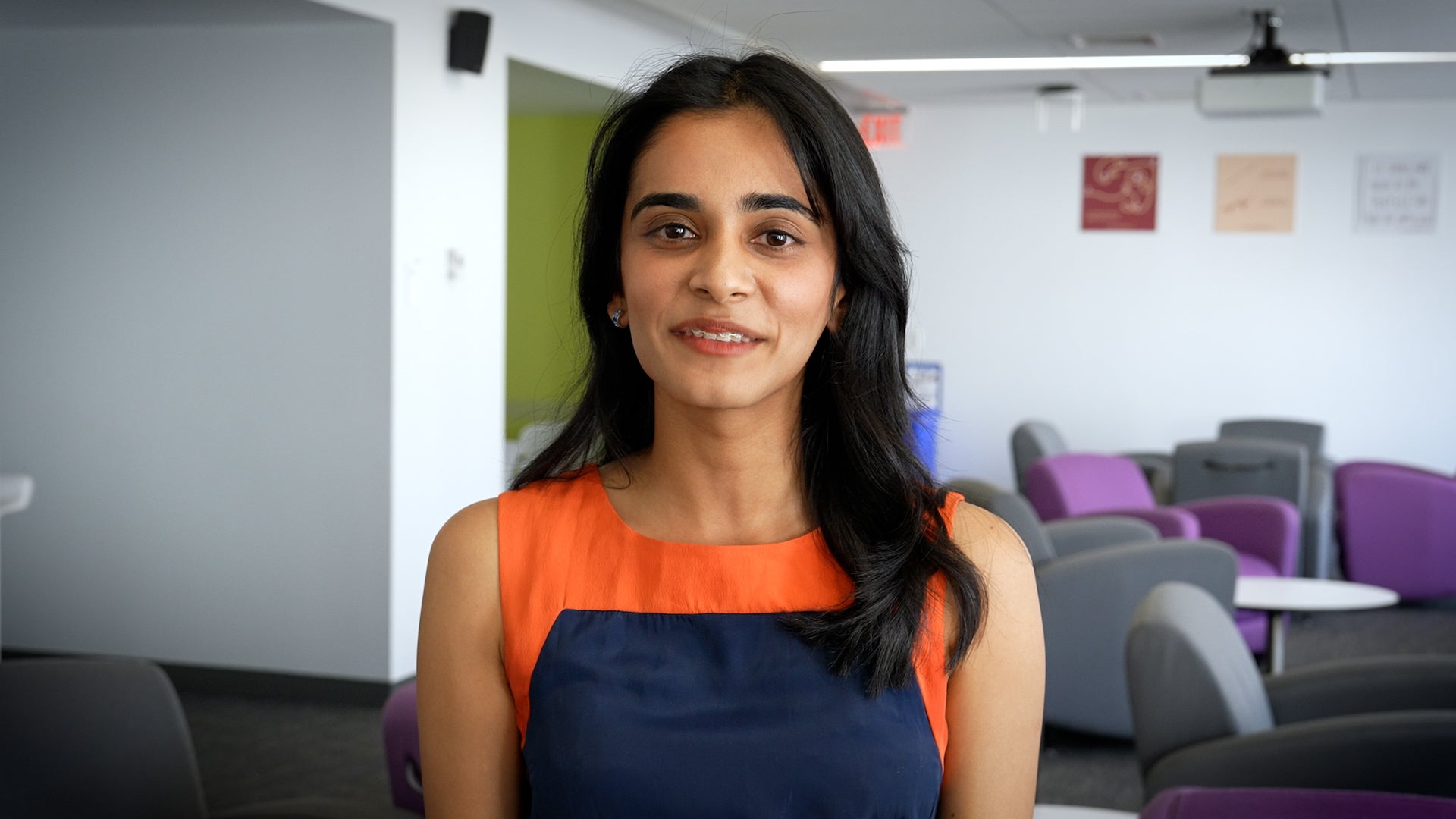Making a health case for reparations in Boston

Presented jointly with the FXB Center for Health and Human Rights
As the national conversation on reparations heats up, Boston has launched a task force to document the city’s ties to slavery, examine the legacy of structural racism, and recommend paths for redress. Meanwhile, public health leaders are beginning to explore how they can contribute their expertise. This event featured City Councilor At-Large Julia Mejia, who pressed for the reparations task force, and public health scholar Mary T. Bassett, who has written extensively about how reparations could help close huge racial disparities in health outcomes. The two discussed the basis for reparations; how they could affect health and well-being; and how public health research could inform program design. They also looked at how Boston’s efforts fit into the national discussion.
SPEAKERS
Mary Bassett Director, François-Xavier Bagnoud Center for Health and Human Rights, and FXB Professor of the Practice of Health and Human Rights, Harvard T.H. Chan School of Public Health
Julia Mejia Boston City Councilor At-Large
MODERATOR
Natalia Linos Executive Director, François-Xavier Bagnoud Center for Health and Human Rights


